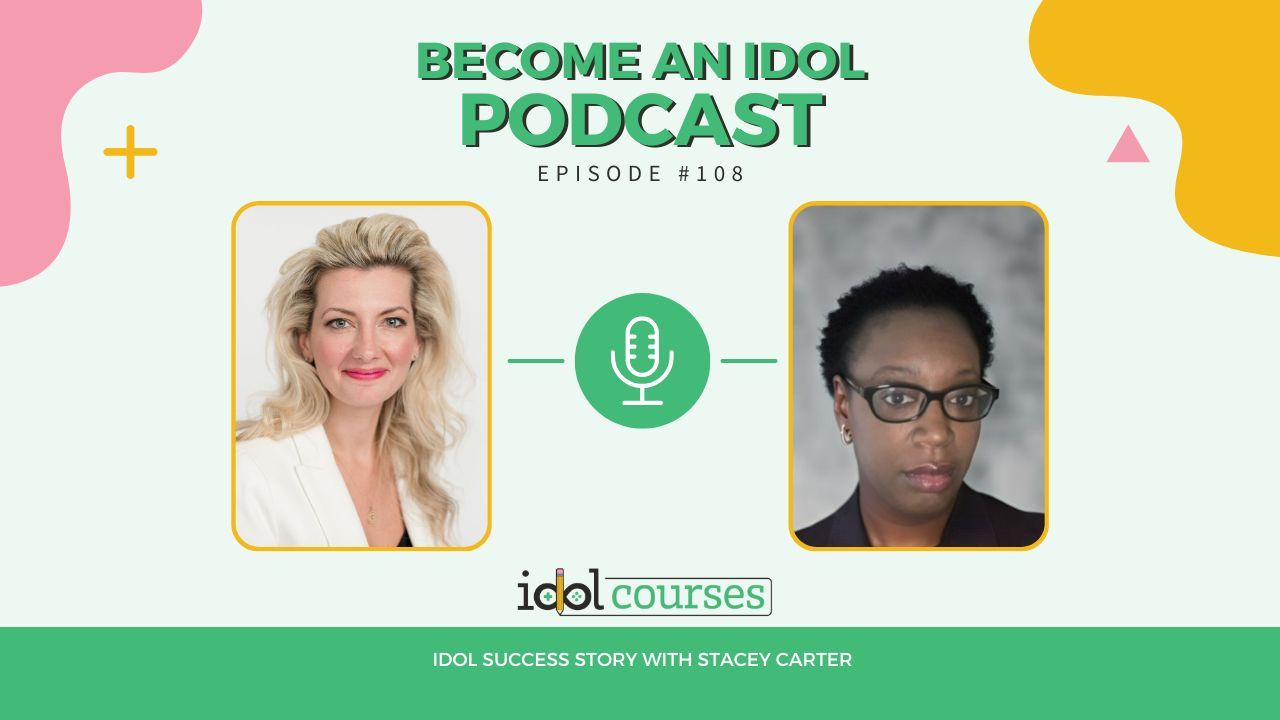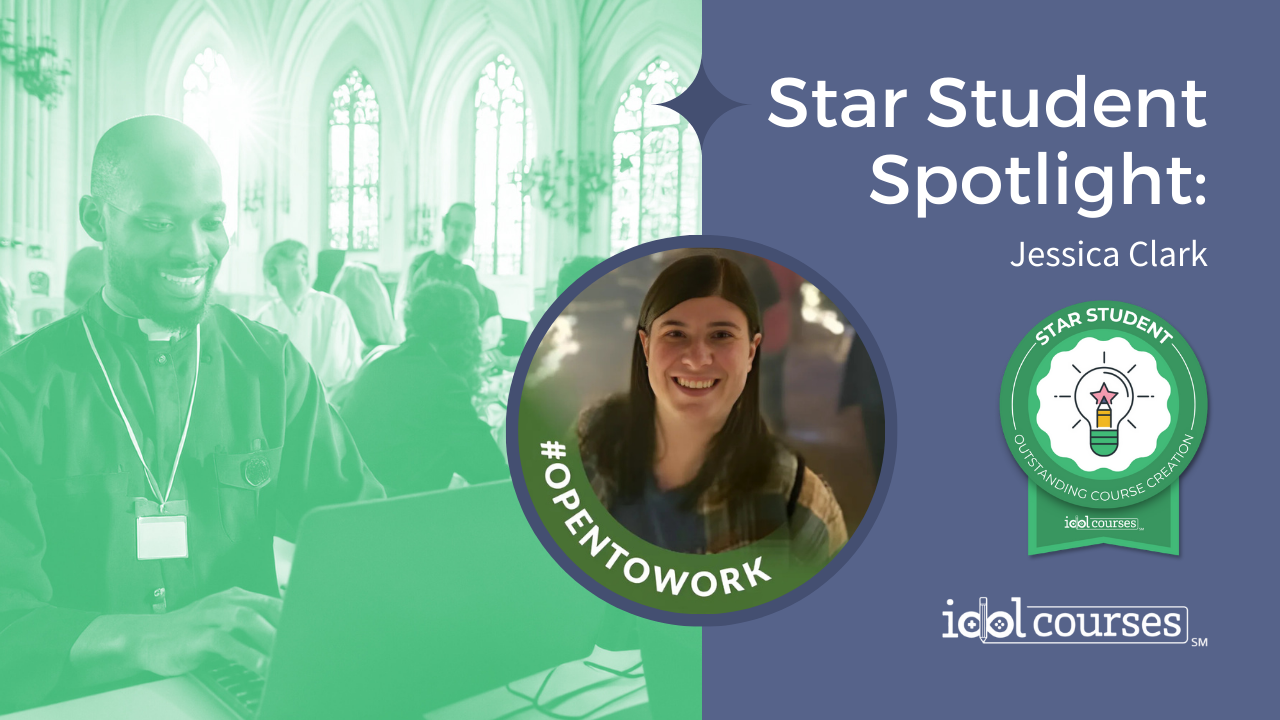
Elevate your instructional design expertise.
Stay ahead with industry news and discover valuable tips and tricks on the IDOL Blog.
Mastering e-Learning Development as a Former Teacher
Feb 06, 2025
Star Student Spotlight: Amiel Padayhag
Jan 06, 2025
Interested in joining the IDOL community?
Join our newsletter below, where we keep you updated on our upcoming cohorts, events and news within the instructional design industry.














